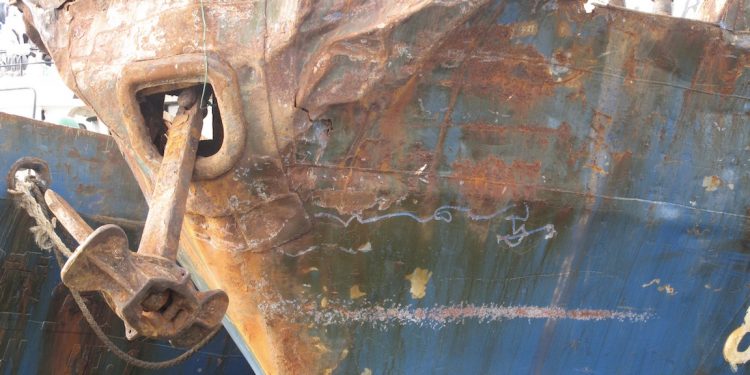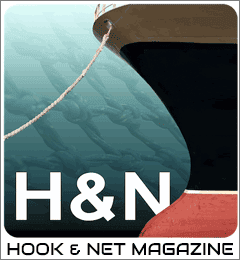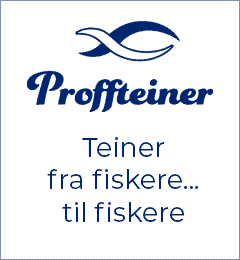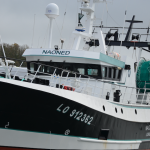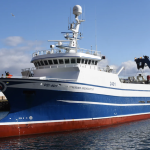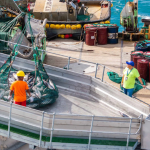Earlier this year the Joint Hull Committee of the Lloyd’s Market Association (LMA) released a contract clause to exclude the provision of insurance services to vessels engaged in IUU fishing. Henceforth, insurers will be able to retract services on “loss of, damage to, liability or expense” to any vessel that is listed on the IUU Fishing Vessel List of one or more RFMOs.
The LMA represents and works with members of Lloyd’s, the leading global insurance and reinsurance marketplace. Lloyd’s has a long history of insuring the maritime sector and its engagement to combat IUU fishing is a crucial step forward in tackling this global issue.
RFMOs are international bodies with mandates to manage fish stocks in a particular region. RFMOs publish lists of vessels that have engaged in IUU fishing. These are aggregated on the Combined IUU Fishing Vessel List, maintained by the not-for-profit organisation TMT – an online platform that provides the best available and up-to-date information about all fishing vessels which are included in the IUU fishing vessel lists published by RFMOs.
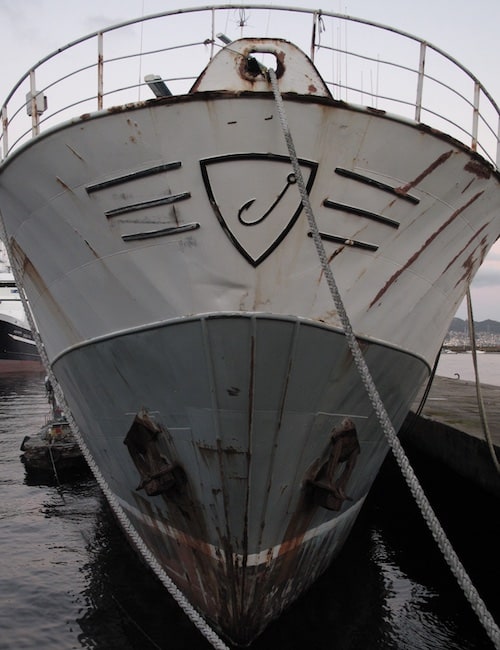
Importantly, the new clause adopted by LMA stipulates that coverage for IUU-listed fishing vessels shall be automatically terminated from the date of IUU listing. It also enables the insurer to cancel insurance for vessels under the same ownership, same group of companies or same management as any other IUU-listed vessel after a seven-day notice period.
Whereas previously insurers were able to terminate a contract in the case of illegal fishing (or any other illegal activity), termination for vessels that were listed as a result of unregulated or unreported fishing was less straightforward – a particular issue as many vessels are listed by RFMOs due to unregulated fishing (where they are not flagged to an RFMO member state).
This clause provides a route for insurers to remove insurance for any vessels, as well as any related owners or managers, that have been listed for IUU fishing. Cutting off insurance for IUU fishing vessels, managers, or owners makes it more costly and risky to operate, which acts as a key lever to deter this illicit activity. It also protects insurers from exposure to financial and legal liabilities from association with these vessels. The publication of this clause represents a significant milestone in efforts to deny insurance to IUU fishing vessels, and its widespread adoption will be key.
‘This due diligence contractual wording demonstrates the important role that insurers and underwriters play to tackle IUU fishing,’ said Pascale Moehrle, Oceana’s executive director and VP in Europe, commenting that Oceana has engaged with insurers since 2016, focusing on creating awareness of the issue of IUU fishing within the marine insurance sector, and proposing policy solutions as well as action from authorities to tackle this issue.
‘This is yet another positive step forward towards reducing the financial incentives for IUU fishing.’
In September 2022, the Ocean Risk and Resilience Action Alliance (ORRAA), Global Fishing Watch, and TMT initiated a pilot project with insurers to test a data and insight tool, Vessel Viewer, to provide current and historical information on a vessel’s identity and activity, including presence on the RFMO IUU lists.
The tool aims to help insurers to quickly identify risks and information gaps to inform their decision-making on whether to insure a vessel.
‘The insurance sector can be a key partner in disincentivizing and deterring IUU fishing which is unsustainable, dangerous and associated with crimes like people trafficking and indentured labour.
ORRAA is working with Oceana, Global Fishing Watch, and TMT to help insurers do better due diligence on the vessels they insure to reduce their risk exposure. This policy wording is a crucial part of cutting off access to insurance for these vessels and, in so doing, closing the net on IUU fishing,’ said Karen Sack, executive director of the Ocean Risk and Resilience Action Alliance (ORRAA).
TMT executive director Duncan Copeland commented that there is no silver bullet that will solve IUU fishing.
‘It requires a multi-pronged approach, from all those that have a role in the operations of a fishing vessel, to ensure that its fishing activities are compliant with regulations. That is why this step by the insurance industry is important – cutting off insurance to those vessels that are involved in IUU fishing activity is a strong deterrent to operators who may be inclined to disobey the rules. TMT, in partnership with Oceana, ORRAA and Global Fishing Watch, looks forward to continue to work with the insurance industry towards this goal,’ he said.

